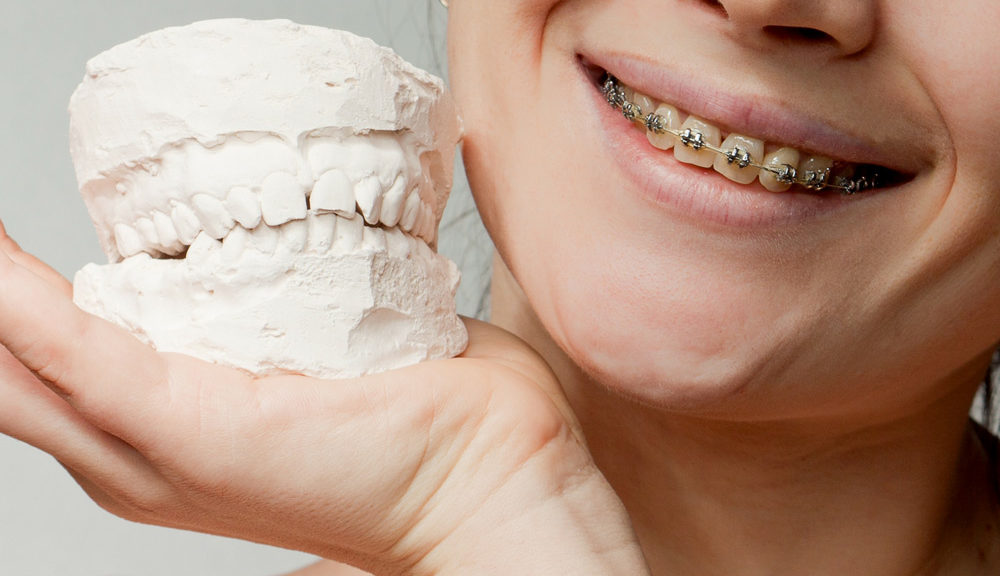
Overbites and underbites are very common teeth and jaw issues that can affect eating, breathing, speaking and confidence. Both overbites and underbites are problems that we often see in our patients at iSmile Orthodontics. If you or your child has or is developing either one, keep reading to see what options are available to you and understand more about the condition and its causes.
What is an underbite?
A healthy set of straight teeth are usually aligned in the upper and lower jaw, with a slight overlap of the front upper teeth over the front lower teeth. When an underbite occurs, this alignment is disrupted, with the reverse happening, resulting in a lower jaw that may protrude slightly or significantly past the upper jaw, depending on the severity of the underbite. More often than not, underbites are just part of someone’s genetic makeup and occur naturally.
What is an overbite?
Although the front upper teeth naturally overlap the front lower teeth a little, when this amount of overlap or protrusion is significant – around 30-50% – this is referred to as an overbite, or malocclusion. Recognisable traits can include significant overlapping, protrusion of the upper part of the mouth, and a weak chin or jaw. Overbites are either due to teeth growth or jaw alignment. Crowded teeth are a common reason for an overbite, which can be caused by thumb sucking or chewing on anything that is pushed against the front upper teeth. In skeleton misalignment, this is often genetic and something not caused by habits.
Common problems and symptoms
Both underbites and overbites can cause some discomfort and problems with speaking and chewing. If they are left or worsen, you may experience pain in these activities, as well as aching in the jaw, and even some erosion of tooth enamel, which increases your risk for tooth decay and gum disease. In a less physical aspect, you may feel a knock to your confidence, which is still a very real symptom, and can affect the way you live your life.
Do you need surgery?
Depending on the severity of your underbite or overbite, you may or may not need surgery. In less significant cases, many patients at iSmile Orthodontics have seen success through non-surgical treatments. If the protrusion or overlap is severe, surgery may be a requirement. We treat everyone on a patient by patient basis, so our treatment is always personalised to you.
How we can help
The good news is the sooner you take action, the lower the risks of severe symptoms. Orthodontics for children with overbites or underbites can mean non-surgical treatments that nip the problem in the bud and curb future issues. You’ll also skip those painful teenage years when self-esteem can really make a difference to their lives. Treatments our patients have successfully undergone include braces on the upper and lower jaw for 1-2 years to fully realign the crooked teeth and give back that perfect smile. Braces include the traditional metal braces as well as the subtle ceramic braces popular with teenagers and adolescents. In some cases, you may be eligible for Invisalign treatment, which is are specially molded, virtually invisible aligners that can be useful for overbites and underbites.
Check out our results page to see previous success stories or get in touch to see how we can help you.
(03) 9466 8484
Level 1, Suite 5, 93-97 Plenty Road, Bundoora VIC 3083
(03) 9466 8484
58 Mernda Village Drive, Mernda, VIC 3754
(03) 9307 9370
92 Inglewood Drive, Burnside Heights, VIC 3023